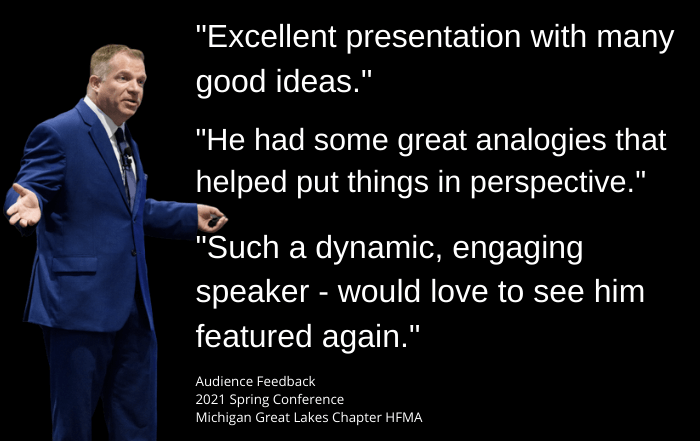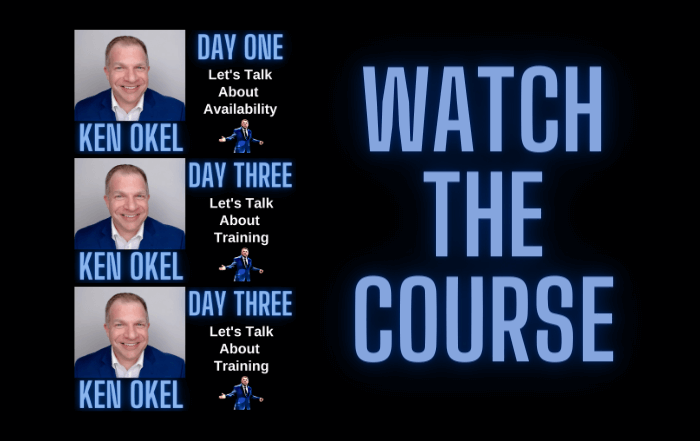 Businesses concerned about employee retention and engagement should create some email and text message rules. These apply to your after hours communication.
Businesses concerned about employee retention and engagement should create some email and text message rules. These apply to your after hours communication.
At some point, our ability to check email and text messages, after hours, has led to it becoming an expected part of a job. But has the convenience of mobile technology and laptops made these tools a set of handcuffs for employee productivity and happiness?
It’s a growing work-life balance issue. A recent survey from Fishbowl by Glassdoor revealed that 54 percent of professionals reporting that they are unable or do not believe they can fully unplug while on paid time off.
Other researchers have found checking email and text messages after hours hurt employee well-being, work-family balance, and job performance. These people are unable to fully disengage from work, which led to chronic stress and emotional exhaustion.
These trends should worry you, especially if retention and hiring are issues. Consider these tips to help your team best define your use of after hours communication:
Talk About Email and Text Message Rules
Does your organization have an after hours communication policy? In many places, it’s evolved on its own, without much thought.
Maybe everyone needs to come together and discuss what is expected and whether putting in the extra work really will help the bottom line. Some people may have more time while others may have obligations that make being connected inconvenient.
Is writing and reading the messages supported by actual needs or merely one person’s preference? If these messages can wait, then perhaps they should?
If people have to guess your policy, there’s a good chance they’ll guess incorrectly.
Consider the Interruption
For some, sending or answering after hours messages is a way for them to capture a thought before it passes or reduce the amount of replies they have to make, when they start work the following day.
These are understandable practices but if you’re the sender, do you consider the interruption you might be creating in the recipient’s life? Would you do the same thing if every email or text sent was the equivalent of knocking on someone’s door at home?
Code After Hours Messages
Every message can’t be urgent but every message may appear as if it is in your inbox. Can you team come up with a way to code messages that are sent after hours. This can be a low tech solution.
For instance, if it’s low priority, then you can put a term like, “FYI” in the subject line. This way people know the message does not require an immediate response.
You can do the same to demonstrate urgency but make sure that everyone shares the same definition of urgency. Chart out the level of response with your team and agree to stick with them.
One Policy For Email and Text Message Rules
You don’t want different departments to have different policies. That can create a perceived class system in your organization.
While some jobs may require more of an after hours commitment, can department heads agree on an approach that works for all? Don’t be surprised if perspective employees ask about this work-life balance issue during the interview process.



